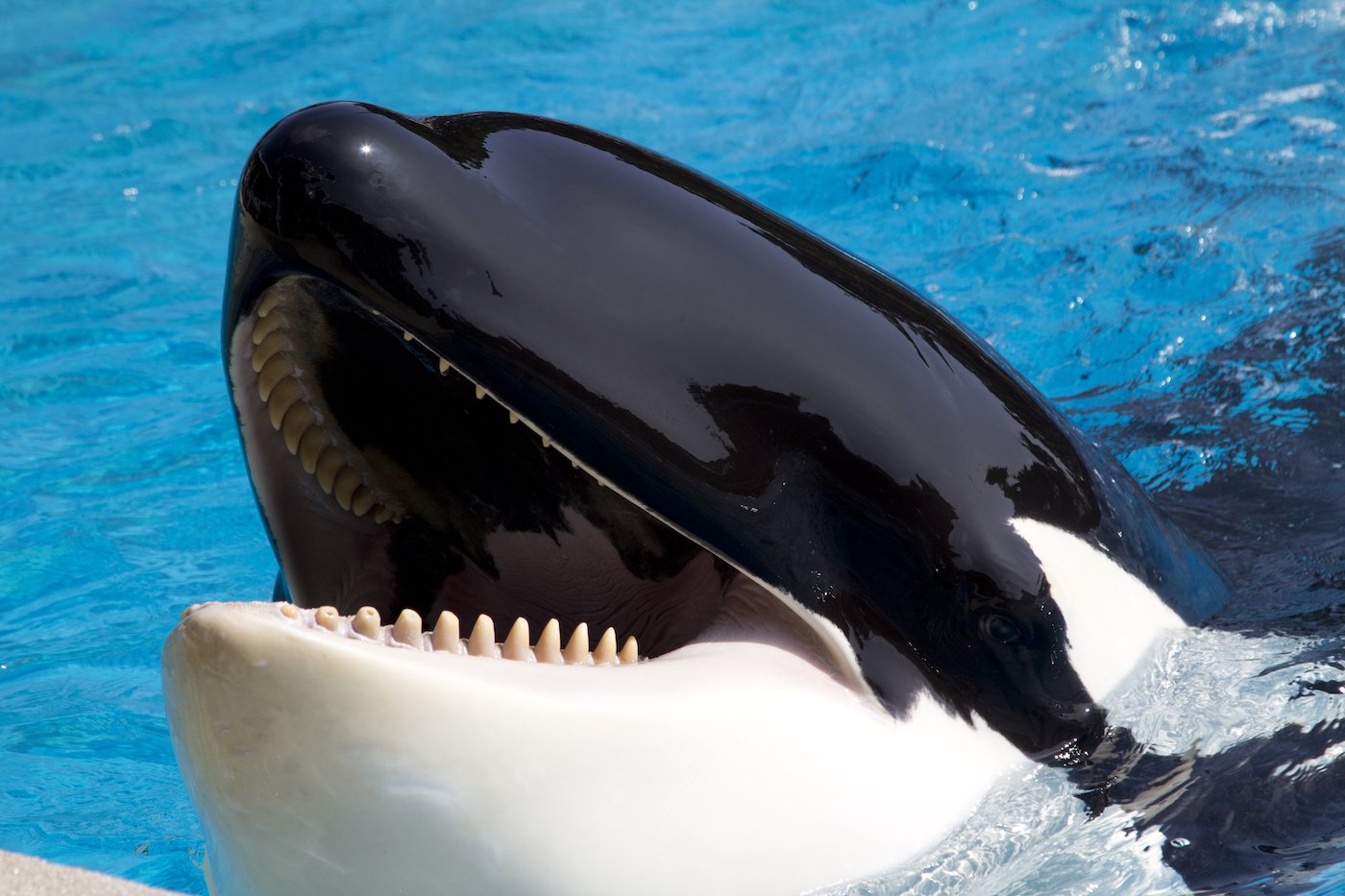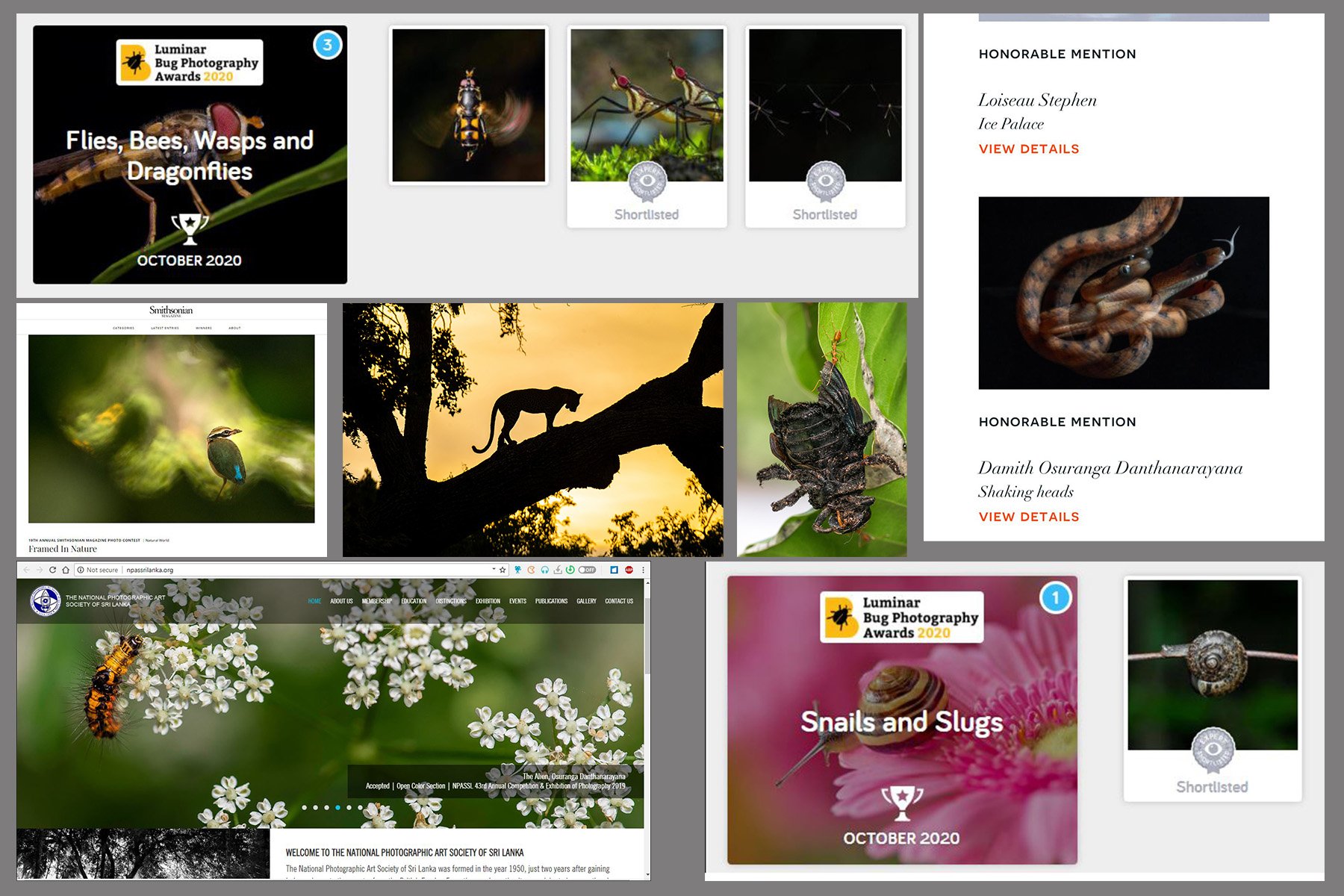The Heartbreaking Story of Lolita: A Life in Captivity and Calls for Change
https://www.getaway.co.za/travel-news/plans-in-the-works-to-release-seaquarium-s-killer-whale-back-into-wild/
On August 18, 2023, the world received somber news – Lolita, the orca whale held captive at the Miami Seaquarium for over half a century, had passed away. Her demise wasn't just a loss of life; it was a stark reminder of the complex issues surrounding marine mammal captivity and the urgent need for change. Lolita's story is a poignant narrative that compels us to reflect on the ethical considerations, animal welfare concerns, and broader implications of our relationship with these magnificent creatures.
Lolita's Captive Life:
Lolita performs alongside her trainers at the Miami Seaquarium in 2013. (Image credit: Shutterstock)
Lolita's tragic journey began when she was taken from her natural habitat and placed in captivity. Confined to a tank that was a fraction of the size of her natural habitat, she endured decades of isolation and captivity. Stripped of her freedom to roam the open seas, engage in natural behaviors, and form meaningful connections, her life serves as a grim reminder of the challenges faced by marine animals in captivity.
FREEING LOLITA: THE ETHICAL AND PRACTICAL CHALLENGES OF RELEASING CAPTIVE WHALES @corbinmaxey.com
Throughout her captivity, Lolita's story was one of controversy and outcry from animal welfare organizations, experts, and concerned individuals. The size of her tank, her solitary existence, and the lack of mental and physical stimulation were subjects of immense debate. Her life epitomized the ethical dilemma posed by marine parks and highlighted the urgency of addressing the well-being of captive marine mammals.
Calls for Change:
Public concern about the conditions at the Sea Aquarium had led to plans for Lolita to be returned to her home waters.Credit...Cristobal Herrera-Ulashkevich/EPA, via Shutterstock
Lolita's passing reignites the call for change within the marine entertainment industry. Advocates and activists emphasize that marine mammals deserve environments that replicate their natural habitats and allow for the expression of their inherent behaviors. The demand for enhanced regulations, more spacious enclosures, and the transition towards sanctuaries rather than traditional marine parks reflect the growing awareness of the ethical obligations we bear towards these sentient beings.
Lolita's Final Days:
Tragedy struck on August 18, 2023, when the Miami Seaquarium announced Lolita's passing due to renal failure. The distress she exhibited in the days leading to her death underlines the impact that captivity had on her health and well-being. Her passing underscores the pressing need to reassess the conditions under which marine mammals are kept in captivity and to prioritize their welfare.
Towards a Better Future:
Lolita's story isn't just a tale of sorrow; it's a clarion call for transformation. The efforts to reintroduce her to the wild before her passing highlight the potential for rehabilitating captive animals and granting them an opportunity to experience their natural habitat. Plans for relocation indicate a growing recognition of the need for a more compassionate approach to marine animal care.
Lolita's narrative extends beyond her individual plight. Around the world, a burgeoning movement is advocating for improved conservation practices, sanctuaries, and a shift away from the commercial exploitation of marine life. Her legacy might serve as a catalyst for a paradigm shift in how we perceive and treat these remarkable creatures.
On August 18, 2023, the world mourned the loss of Lolita, an orca whose life symbolizes the complexities surrounding marine mammal captivity. Her story implores us to confront our responsibility in the lives of these animals and to work towards creating a world where marine mammals can thrive in their natural habitats, free from the confines of captivity. As we reflect on her life, let us channel our grief and reflection into a collective effort to ensure that her legacy is one of change, compassion, and a commitment to a brighter future for all marine life.
Campaigners call for Lolita's release at a rally in Seattle, Washington in 2017. (Image credit: Shutterstock)






















